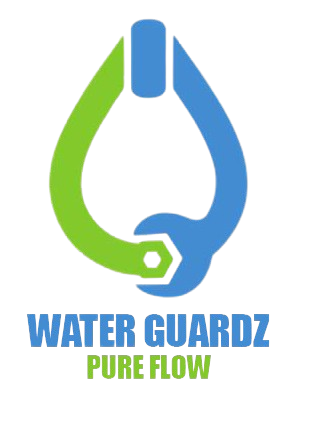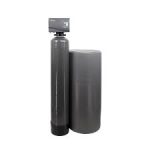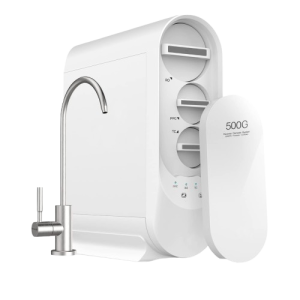Description
-
-
Chemical feeders are devices designed to automatically dispense precise amounts of chemicals into water systems to maintain proper chemical balance.
-
Function: These feeders regulate water quality by introducing disinfectants, pH adjusters, or other treatment chemicals into pools, spas, water treatment plants, and industrial systems.
-
Types: Common types include erosion feeders, liquid chemical feeders, and gas chemical feeders, each suited for different applications.
-
Erosion Feeders: These systems use solid chemical tablets that slowly dissolve as water flows over them, commonly used for chlorine or bromine treatment in pools.
-
Liquid Chemical Feeders: These feeders use pumps to inject liquid chemicals, such as chlorine or algaecides, into water systems for precise dosing.
-
Gas Feeders: Gas chemical feeders, like chlorine gas injectors, are used in municipal water treatment facilities for large-scale disinfection.
-
Applications: Chemical feeders are widely used in swimming pools, hot tubs, cooling towers, irrigation systems, and wastewater treatment plants.
-
Advantages: These systems provide consistent and controlled chemical distribution, reducing manual handling and improving efficiency.
-
Automation: Many modern chemical feeders integrate with automated control systems, adjusting chemical dosage based on real-time water quality measurements.
-
Safety: Using chemical feeders minimizes direct human contact with hazardous chemicals, reducing health and safety risks.
-
Maintenance: Regular inspection, cleaning, and recalibration are necessary to ensure the feeder operates effectively and does not clog or malfunction.
-
Environmental Impact: Properly calibrated feeders prevent chemical overuse, reducing waste and minimizing environmental contamination.
-
Cost: Chemical feeders vary in price depending on size, complexity, and application, ranging from affordable residential models to expensive industrial systems.
-
Installation: These systems can be installed inline with existing water circulation systems or as standalone units, depending on design and function.
-
Regulations: Many industries and municipalities require chemical feeders to comply with safety and environmental regulations for proper chemical management.
-
Conclusion: Chemical feeders are essential for maintaining water quality in various applications, offering precise, automated, and efficient chemical dosing for safe and effective water treatment.
-





